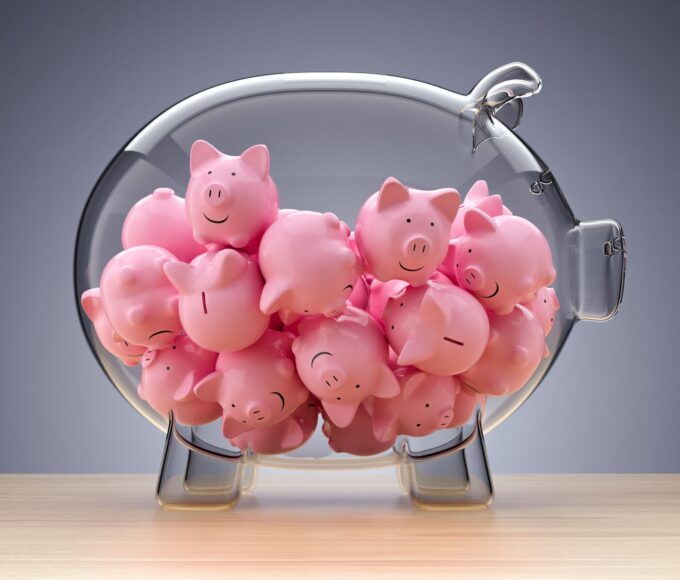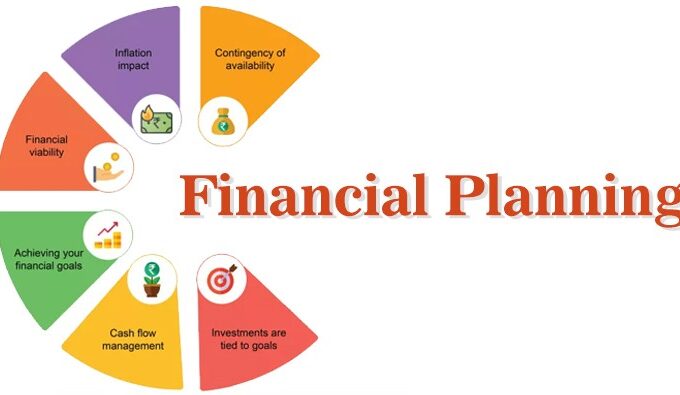Cashier’s checks are a secure form of payment that is guaranteed by the bank. They are often used for large transactions such as car purchases or home down payments. Cashier’s checks offer more security than personal checks because they contain detailed tracking information and are signed by a bank employee.
What is a cashier’s check?
A cashier’s check is a type of payment that is guaranteed by the bank that issued it. This makes it a safer alternative to personal checks or cash. It is similar to a certified check, but the main difference is that a cashier’s check is drawn from the bank’s own funds rather than the payer’s.
The bank issues the check for the amount specified on it, and then hands it to a third party (usually the payee). The payee can then deposit it into his or her own account or use it as payment in a transaction. Typically, the issuing bank will charge a small fee for the service of issuing the check.
There are a number of reasons why someone might need to make a large payment using a cashier’s check. For example, a seller may prefer to receive a cashier’s check when selling high-ticket items online because it provides more security than a personal check would. Similarly, real estate closing agents often require cashier’s checks as part of the purchase process to ensure that the buyer has the necessary funds to complete the transaction.
Cashier’s checks can also be useful when making payments between people who don’t know each other well, such as when buying or selling goods on an auction website. In these cases, the extra layer of security provided by a cashier’s check can help bridge the trust gap and ensure that both parties are dealing with a reputable seller.
How do I get a cashier’s check?
Cashier’s checks are issued and guaranteed by the bank itself, so they’re a safer form of payment than personal checks. They’re often used when transferring large amounts of money from one account to another, such as when buying a car or depositing a down payment on a home. However, they can also be useful for other transactions that require a more secure form of payment, such as when paying rent or utilities.
To get a cashier’s check, visit your bank or credit union and speak with a teller. They’ll typically need to know the payee’s name and amount, as well as your name and account number. Once the teller has all of this information, they’ll process your request and print out the cashier’s check for you to sign. It will be a different color than standard checks and will include watermarks to help you identify it.
Some banks and credit unions offer the option to order cashier’s checks online. If this is the case, log into your account and follow the instructions to order a cashier’s check from your preferred account. Keep in mind that you’ll generally need to have an account with the institution that issues the cashier’s check, and some won’t provide them to non-customers. In this case, you can always call the bank or credit union to find out if they’re willing to make an exception.
Where can I get a cashier’s check?
A cashier’s check is a type of bank or credit union document that’s guaranteed to pay the person or business listed on it. It is typically used for larger transactions that require security, such as when buying a car or paying for an online purchase. You can get a cashier’s check at most banks or credit unions, usually one where you have an account. You’ll need to have your government-issued photo ID and the name of the person or business you want to pay, as well as the amount you’re transferring.
Once you’ve provided the necessary information, the bank teller will withdraw the funds from your account and print the cashier’s check. You’ll then need to sign the check and give it to the recipient. Some banks and credit unions offer the option to order a cashier’s check online, but there may be additional fees for this service.
You can also use a money order if you’re not a bank or credit union customer. This is a convenient alternative, but it’s not as secure as a cashier’s check. You’ll need to provide proof of identity and the payee’s name, and it may take more time for the recipient to receive the payment if you’re sending it by mail. Some banks and credit unions have mobile apps that allow you to request a cashier’s check, but this service isn’t available at all locations.
How much does a cashier’s check cost?
A cashier’s check is a payment instrument that can be used to make larger purchases. The bank or credit union guarantees the funds on a cashier’s check, and it can be more secure than a personal check. A cashier’s check is a good choice for large transactions where a person needs to be sure that the funds will be available, such as when buying a car or home.
To get a cashier’s check, the person must go to the bank or credit union and ask for one. The process typically involves providing the amount of the check and a name of the recipient. The bank will then withdraw the funds from the customer’s account (or ask for cash payment upfront if the payee is not a customer) and issue the check. The bank will usually charge a fee for this service, but the amount of the fee varies by institution.
People often use cashier’s checks to make high-value transactions safer and more reliable. A cashier’s check can be used to buy a car or a house, and it is often preferred for rental deposits. It can also be useful for making a purchase between strangers, as it provides extra security that the money is genuine. In addition, a cashier’s check can be replaced if it is lost or stolen, although this may take 30 to 90 days.

















Leave a comment